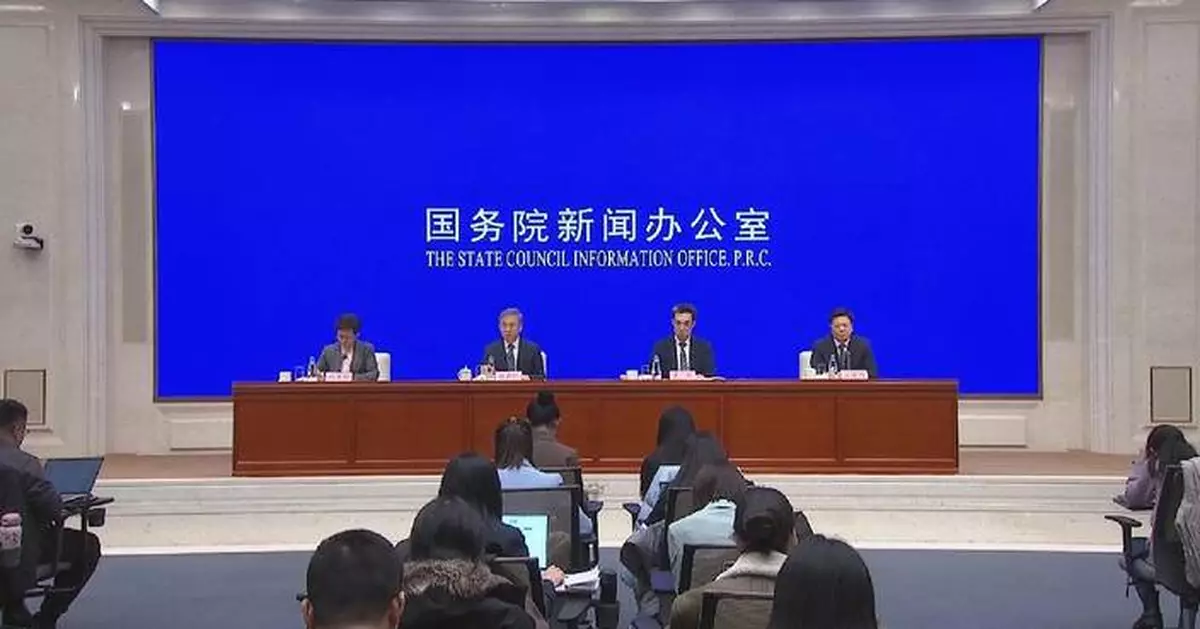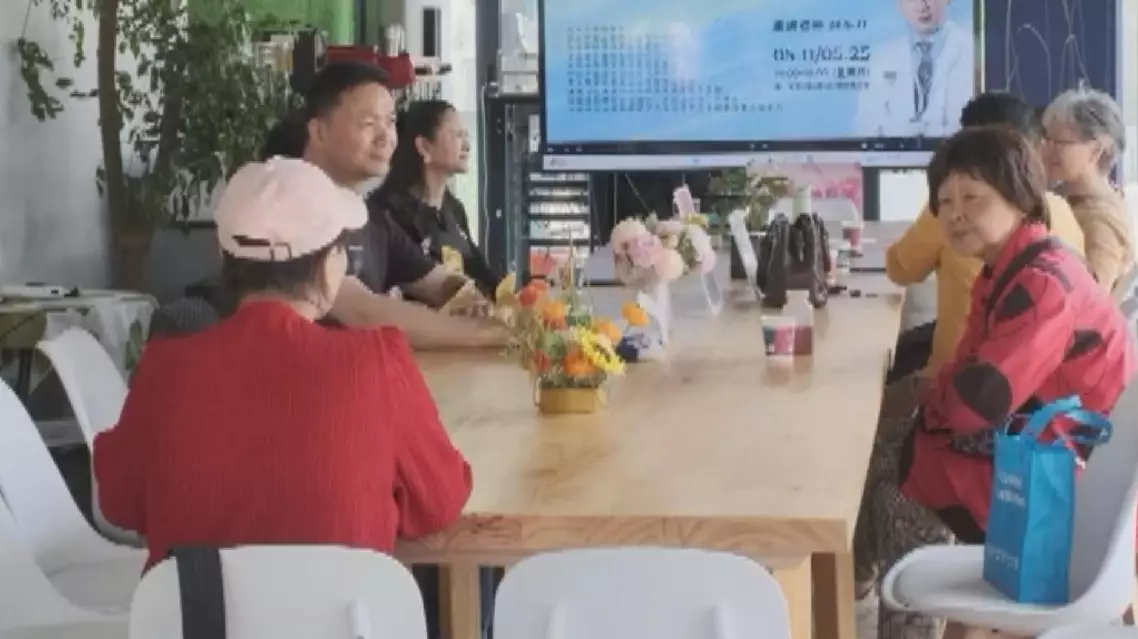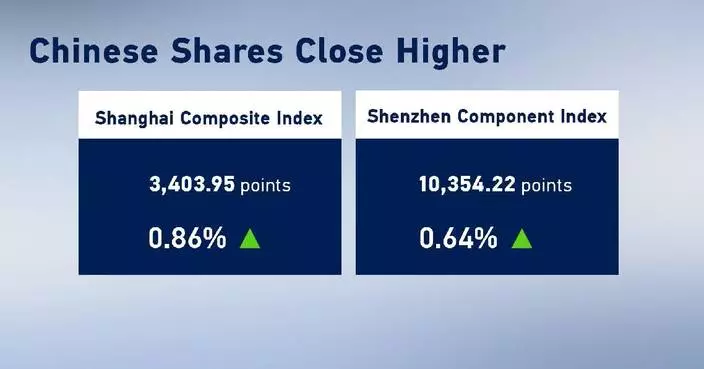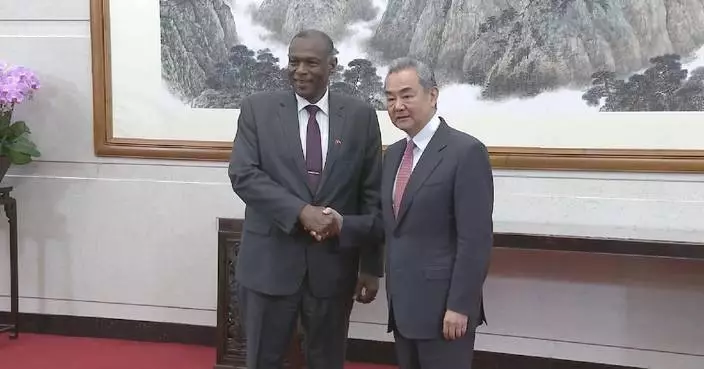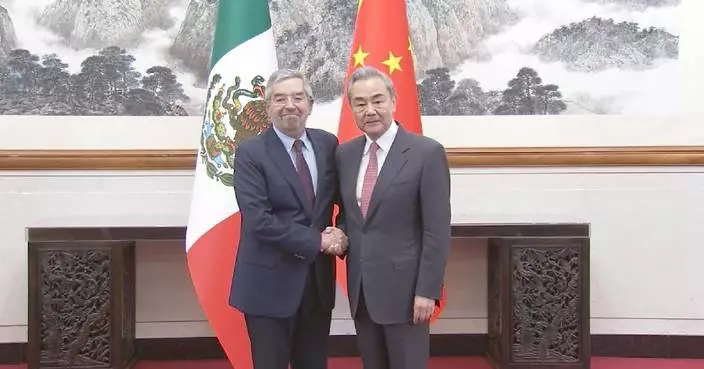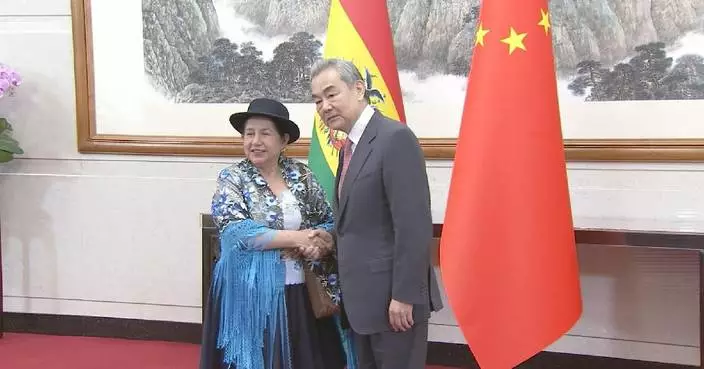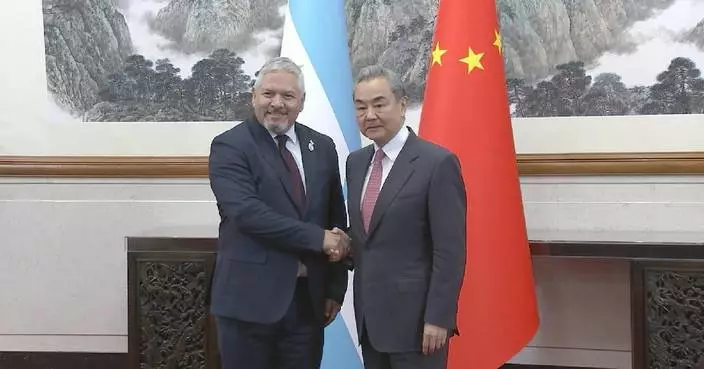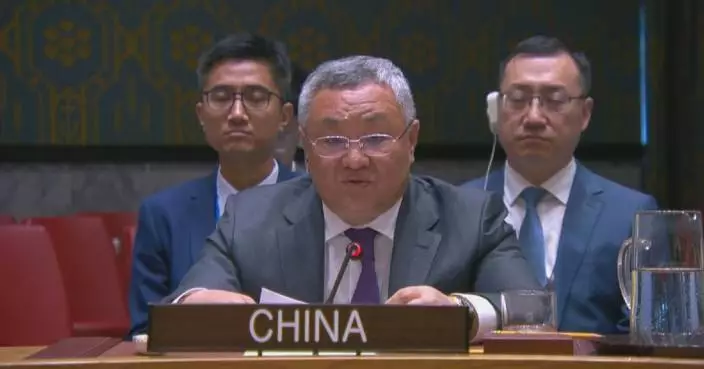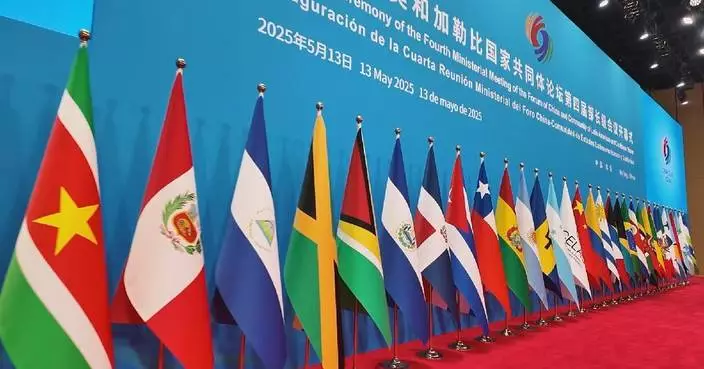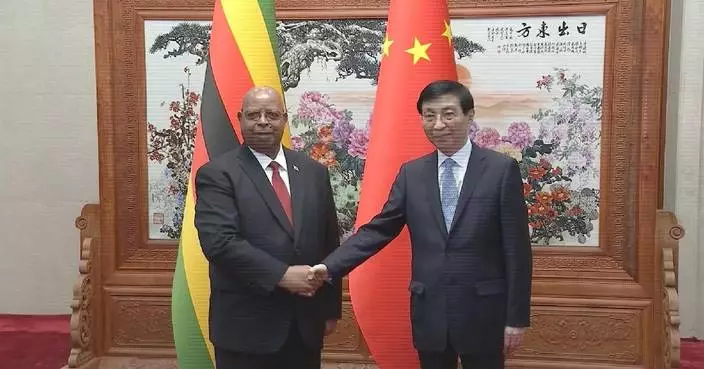Facing the profound and complex changes in the global economic landscape, China remains firmly committed to expanding its opening-up, and will continue to promote reform, development and win-win cooperation through opening-up in 2025, said a deputy chief of the country's top economic planner on Friday.
Speaking at a press conference in Beijing, Zhao Chenxin, deputy director of the National Development and Reform Commission, summarized the great achievements of the country's reform and opening-up over the past year, and briefed on new policy measures to be adopted to promote reform and opening up in 2025.
"First, the 2024 edition of the negative list for foreign investment access was released and put to implementation, with the number of restrictions significantly reduced from 93 in 2015 to 29 now, and with all restrictions in the manufacturing sector lifted. In 2024, it's evident that China has been continuously optimizing its border entry facilitation policies. The number of countries covered by China's unilateral visa-free access policy has increased to 38, and the visa-free transit policy has been extended to 54 countries, with the permitted layover by eligible transit passengers increasing to 10 days," Zhao said.
"Second, relying on the role of dedicated teams for major foreign projects, we have kept proactively providing follow-up services for major foreign investment projects, helping solve problems that arose in the course of project execution. As of now, the first seven batches of 51 projects have achieved a total investment of 92 billion U.S. dollars, with 30 projects already in operation. In the first 11 months of 2024, over 52,000 new foreign-invested enterprises were established in China, a year-on-year growth of 8.9 percent. China is now leveraging its super-large market to attract the gathering of global resources," he said.
"Third, in 2024, China signed new Belt and Road cooperation agreements with 23 other countries and the African Union to promote the construction of major landmark projects and 'small yet smart' livelihood projects in a coordinated manner. In the first 11 months of 2024, the trade volume between China and the countries involved in the Belt and Road Initiative reached 2.54 trillion U.S. dollars, accounting for around half of China's total foreign trade," he continued.
The senior official also stressed that China's determination to open up further to the outside world remains unwavering. In 2025, the country will surely take many new measures to improve the systems and mechanisms, policy guidance and service guarantee.
"In terms of systems and mechanisms, we will steadily expand institutional opening-up, further create a first-class business environment that is market-oriented, law-based and internationalized. We will also deepen reform of the foreign investment promotion system and mechanism, and take effective measures to encourage foreign-funded enterprises to reinvest in China. Regarding policy guidance, we will revise and expand the catalog of industries in which foreign investment is encouraged, guiding more foreign investment to advanced manufacturing, modern services, high-tech, energy conservation and environmental protection sectors, as well as to China's central, western and northeastern regions," he said.
"Meanwhile, we will accelerate the preparations for the Hainan Free Trade Port's customs closure operation, further improve the software and hardware conditions for the customs closure operation, and support Hainan in vigorously cultivating and developing an export-oriented economy. For service assurance, a new batch of major foreign investment projects will be launched in due course. The country will continue to build platforms for investment matchmaking between transnationals and local regions, prompt transnationals to increase investment and promote practical cooperation between Chinese and foreign enterprises," Zhao noted.
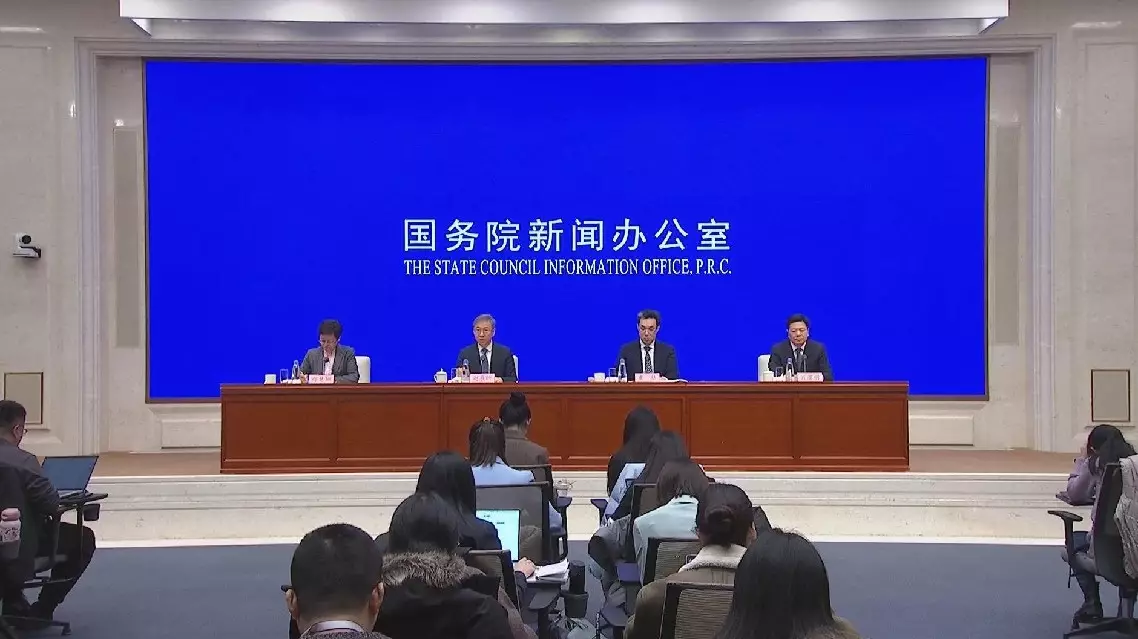
China to continue promoting reform, opening-up in 2025: authorities


